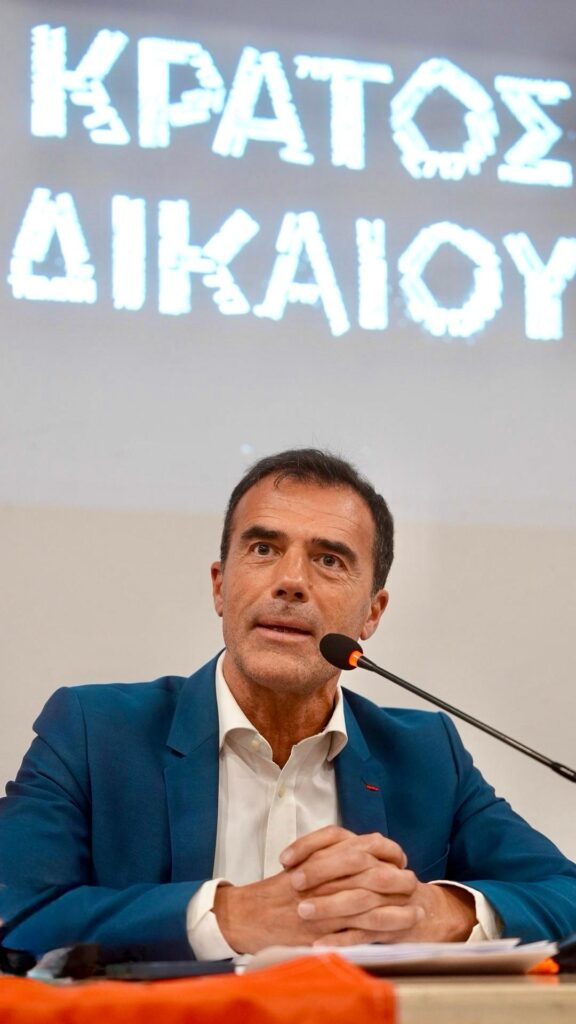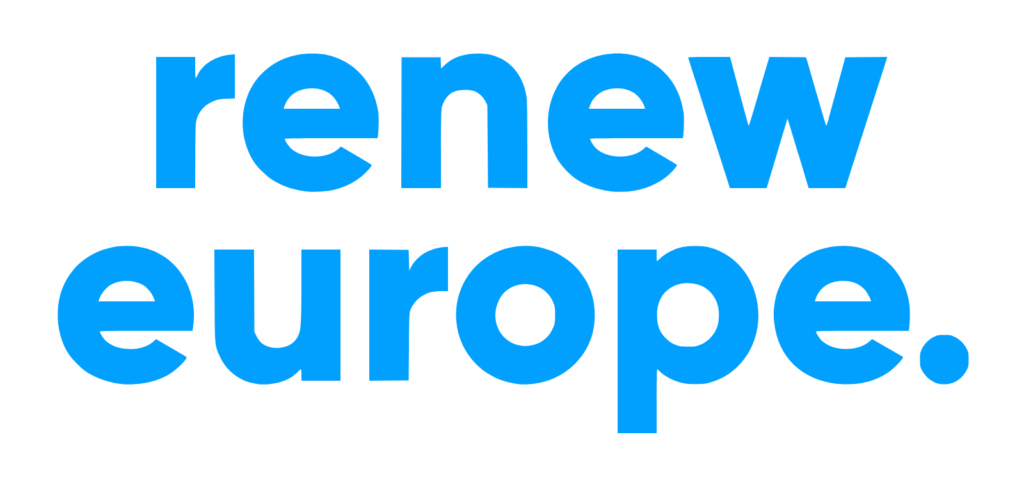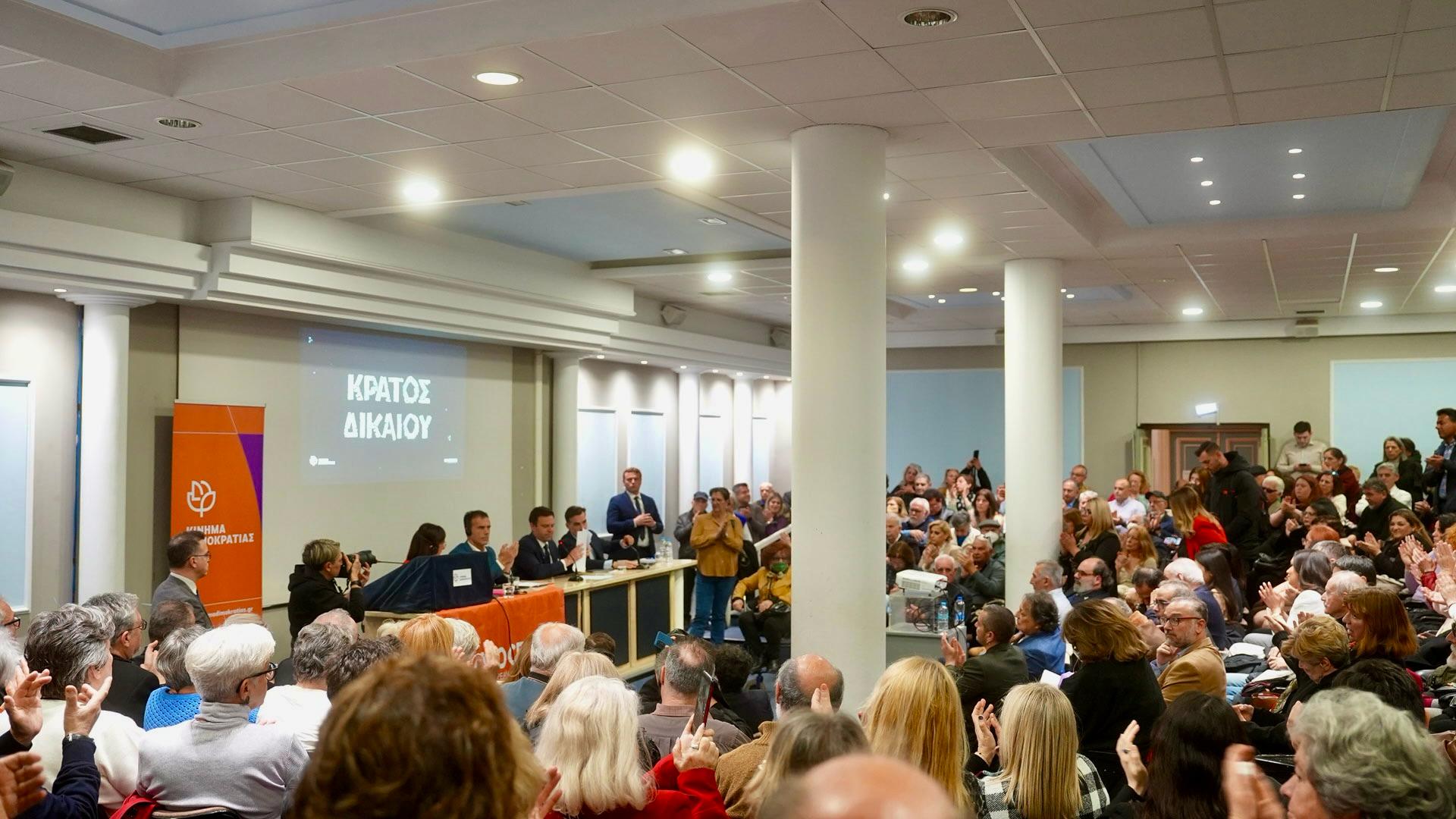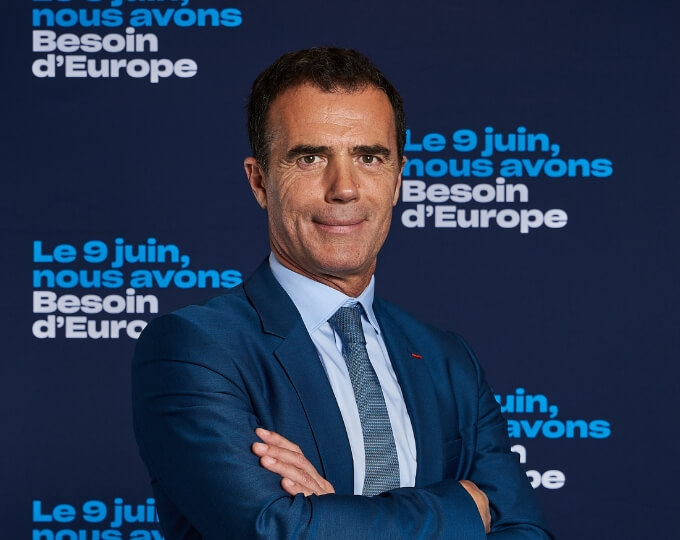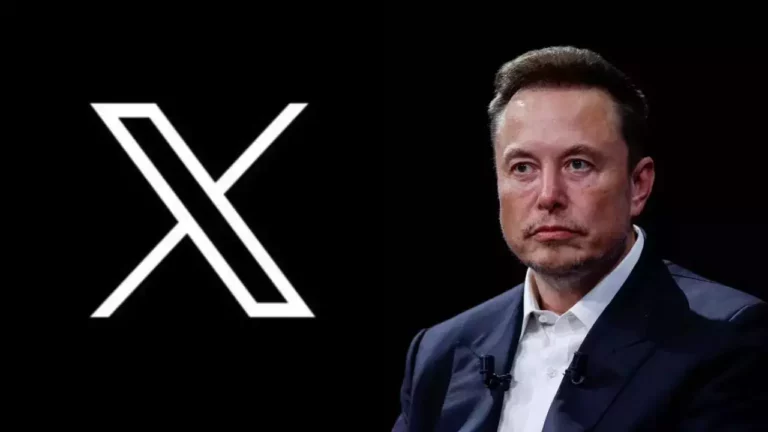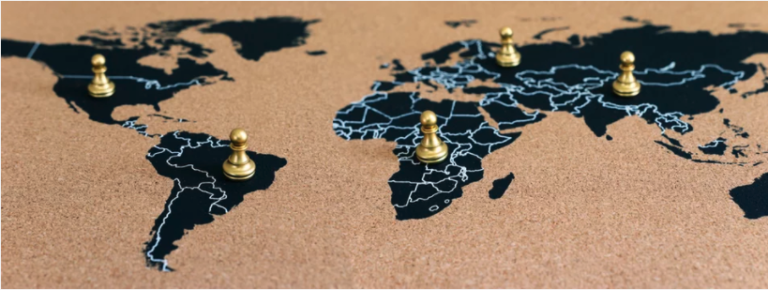Interview with the Greek newspaper Ta Nea: “Dangerous democratic erosion in Greece”
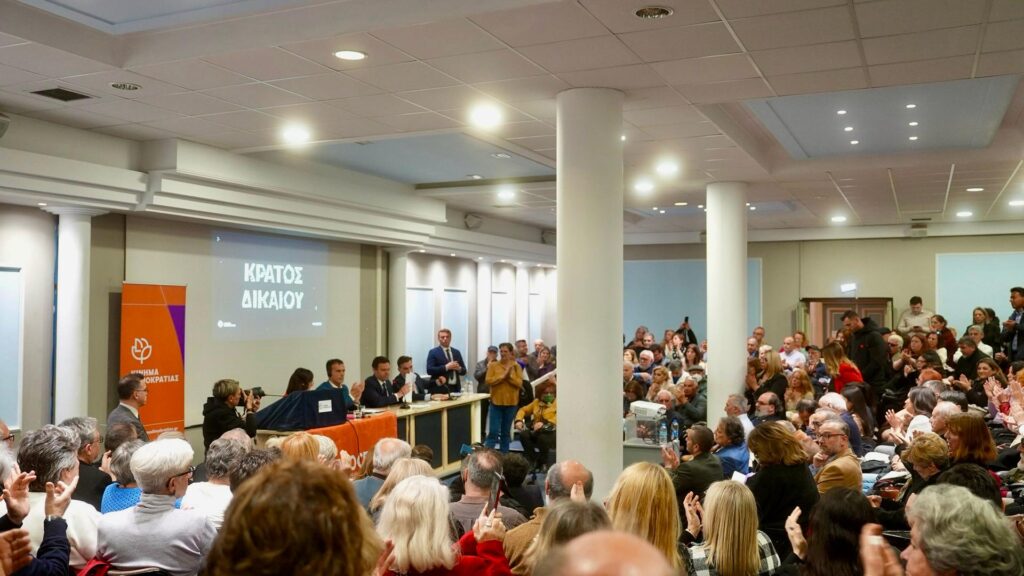
What role should the EU play in preventing future tragedies like the Tempi train disaster?
This disaster was not just an accident, it was a foreseeable result of years of inaction, mismanagement and the failure to implement EU-funded safety systems. One of the main technical faults was the lack of modern signaling systems. The European Rail Traffic Management System(ERTMS), a common EU-funded train control and signaling standard, has been rolled out far too slowly across Member States. The EU must now take the lead. ERTMS implementation should become mandatory under a strict, enforceable timeline. Safety cannot be negotiable. Additionally, the EU should significantly increase financial support—particularly via the Connecting Europe Facility—to help countries upgrade cross-border and strategic infrastructure. But this goes beyond technical fixes. It’s about restoring public trust. Citizens must feel safe using rail transport. The EU has both the tools and the responsibility to ensure this level of safety across Europe.
How can the EU ensure Member States take these responsibilities seriously?
The focus now should not be finger-pointing, but rather on making sure that a tragedy like Tempi never happens again. That means transparency and accountability. Citizens deserve to know where public money is going and whether it’s used to protect their safety. The new TEN-T regulation, approved in 2024, sets a clear framework for transport infrastructure. Now it’s time for Member States to implement it. If they don’t, the Commission must launch infringement procedures. Lives are at stake—compliance cannot be optional. EU funding should also be conditional on real, measurable progress. We should even consider creating an EU-level risk assessment system for transport infrastructure, similar to what we have for health risks. The same level of scrutiny we apply to public health should be applied to transport safety.
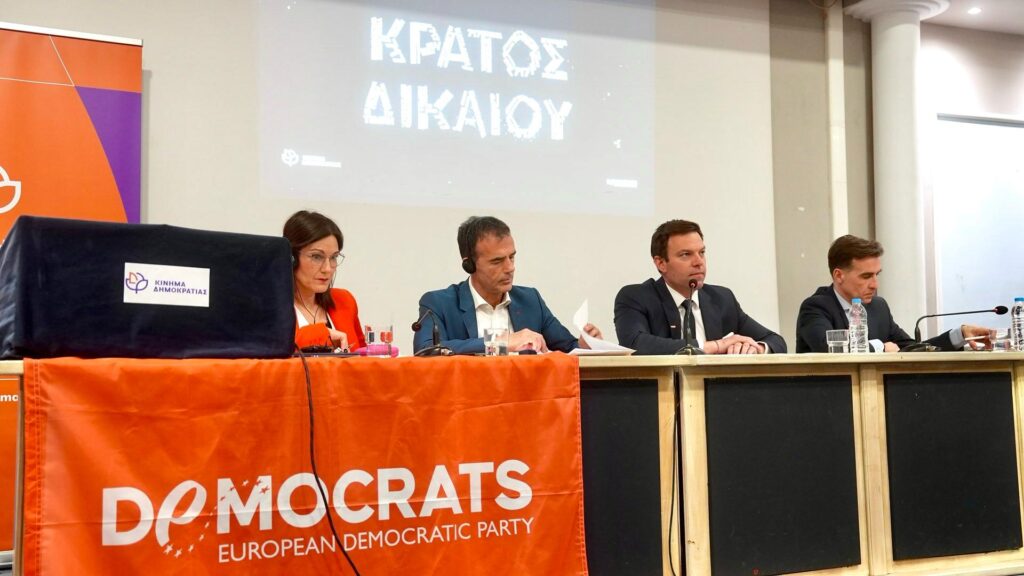
Why should we believe that the EU will finally act decisively on rule of law issues?
What’s different now is that public demand for accountability has never been stronger. The European Democratic Party and Renew Europe have made defending the rule of law a top priority—not just when it’s politically convenient, but consistently. Greece has become a worrying example. Under the current administration, Greece has seen a dangerous erosion of democratic safeguards, from the Tempi cover-up to the wiretapping scandals and attacks on the judiciary. The EU must respond with both political pressure and concrete action. The Commission needs to be bolder, launching infringement procedures and linking EU funds to democratic standards—regardless of which parties are in power nationally. We were slow with Hungary. We can’t make the same mistake with Greece. Rule of law must be a red line, not a vague principle.
What is your view on the EU’s relationship with Turkey following�İmamoğlu’s imprisonment?
The imprisonment of Istanbul’s mayor, Ekrem İmamoğlu, is unacceptable. It’s not just a domestic issue — it’s a direct challenge to the values the EU stands for. When democratically elected leaders are silenced through politically motivated trials, it reveals how far Turkey has drifted from EU principles. Turkey’s EU candidacy has become a mere formality. We need to be honest with Ankara — and with the Turkish people. Our solidarity lies with those defending democracy and rule of law. We also can’t ignore Cyprus. The presence of Turkish forces on EU territory is not a bilateral “dispute.” It’s an occupation. The EU must be more vocal and consistent in defending its values — not just not only in a formally candidate country like Turkey, but within our borders too.
How should the EU respond to recent US threats of tariffs?
We have to be realistic. The Trump-Vance vision of America sees the EU not as a partner, but as a rival. The tariffs decided by Trump, even if they have been formally suspended, are an insult to all of us who have been and still want to be allied countries of the United States. Europe must respond by becoming stronger—politically and economically. That means deeper integration and treaty reform, including removing national vetoes. Only then can we defend our interests and act decisively on the world stage. That said, the transatlantic alliance remains essential. Our dialogue with the U.S. Democratic Party is a key pillar of this. We must work together to shape a fair, rules-based global economy. But we won’t be pushed around. Europe won’t back down in the face of economic coercion. We will protect our sovereignty, promote fair trade, and insist on mutual respect.
